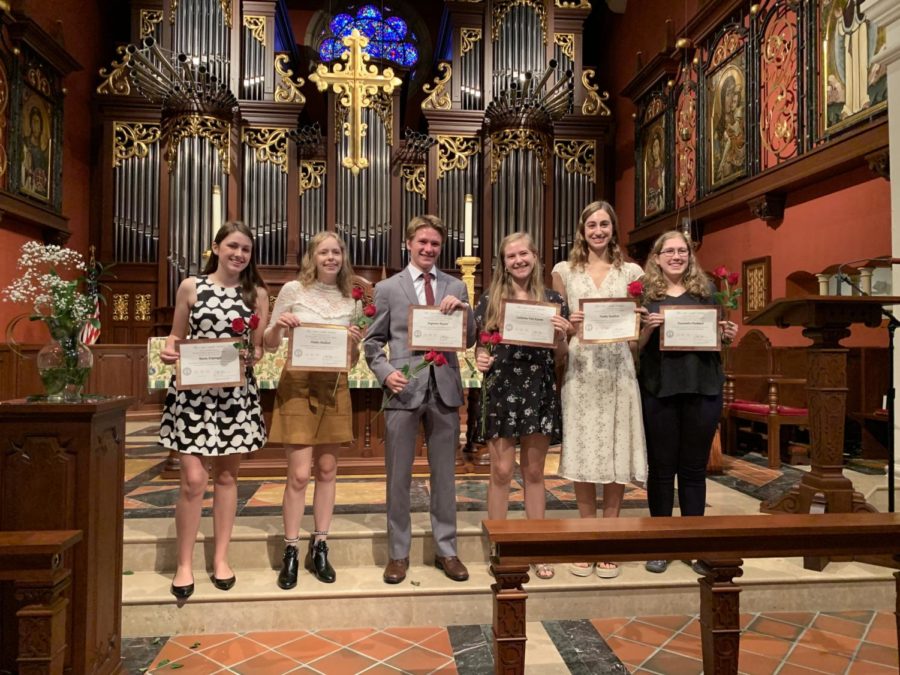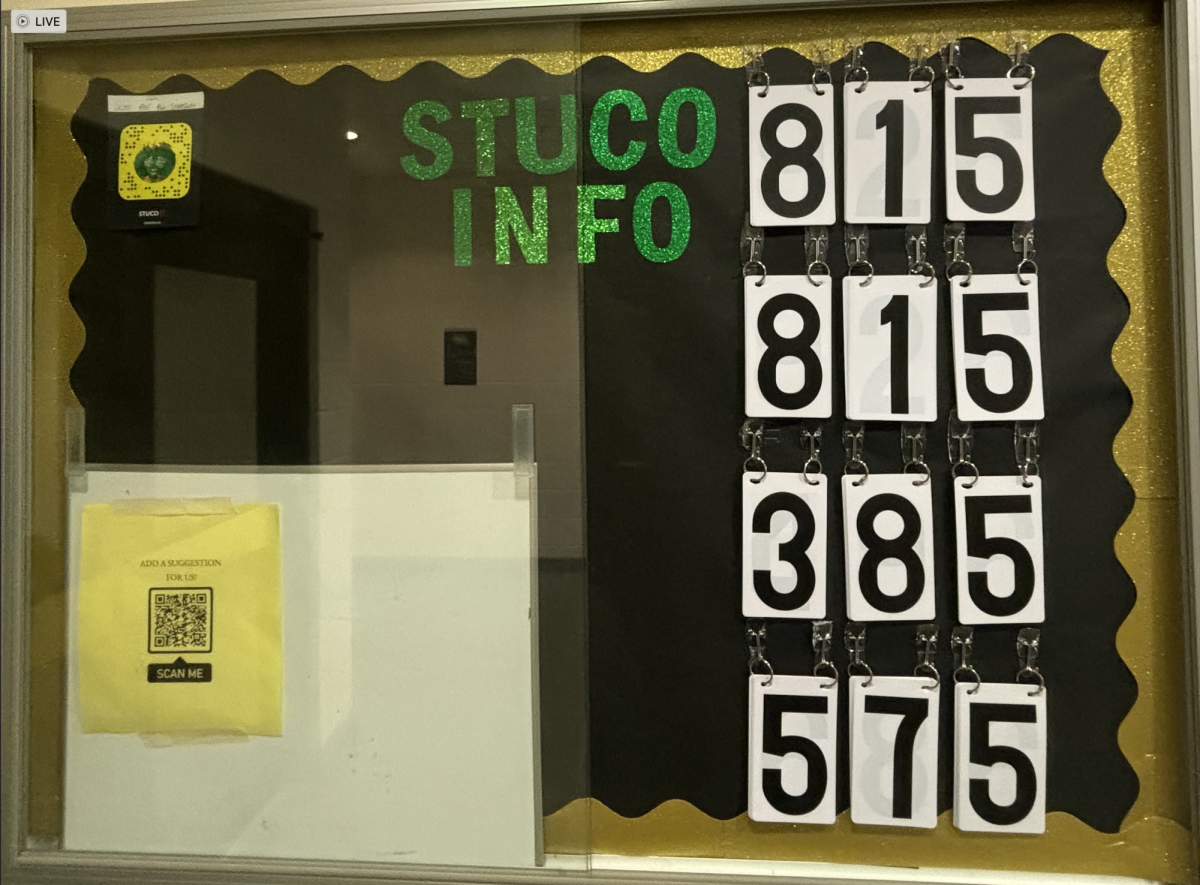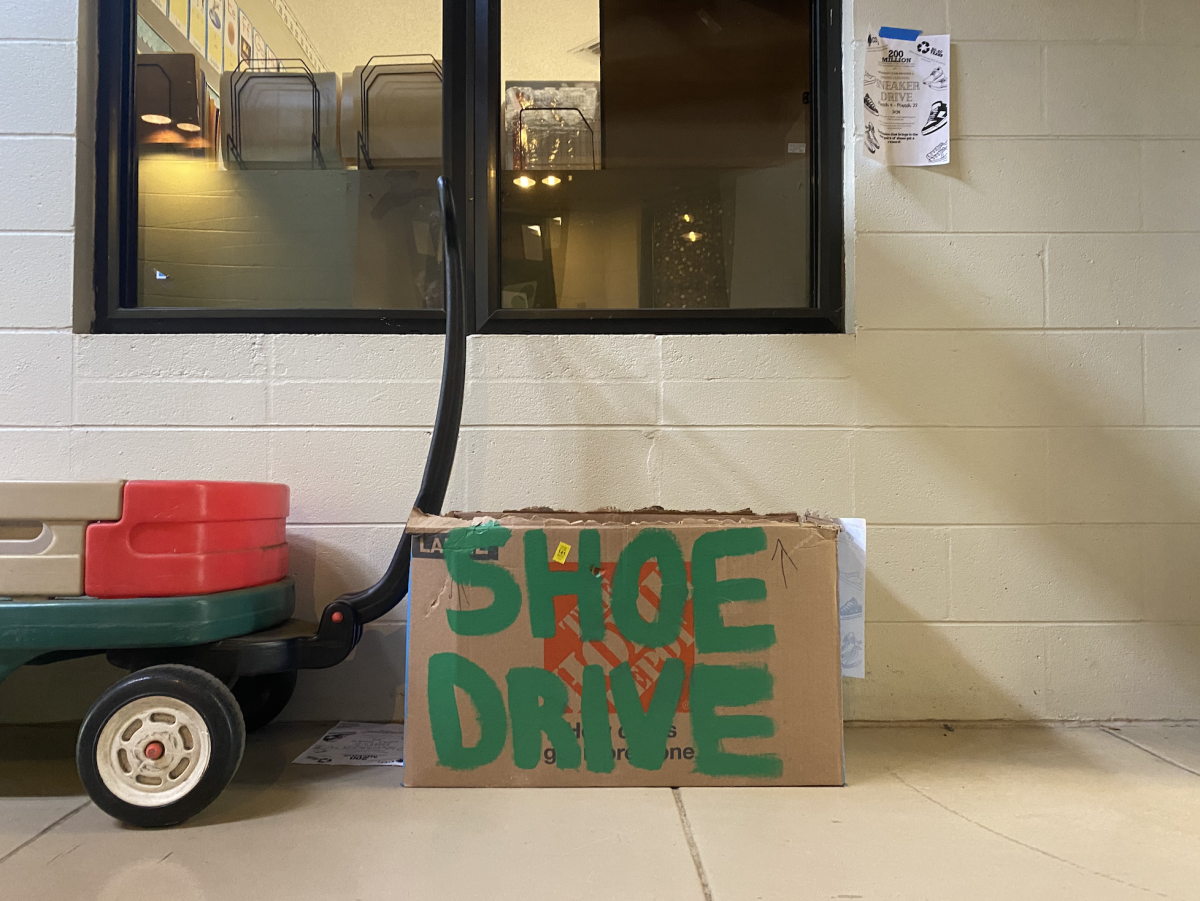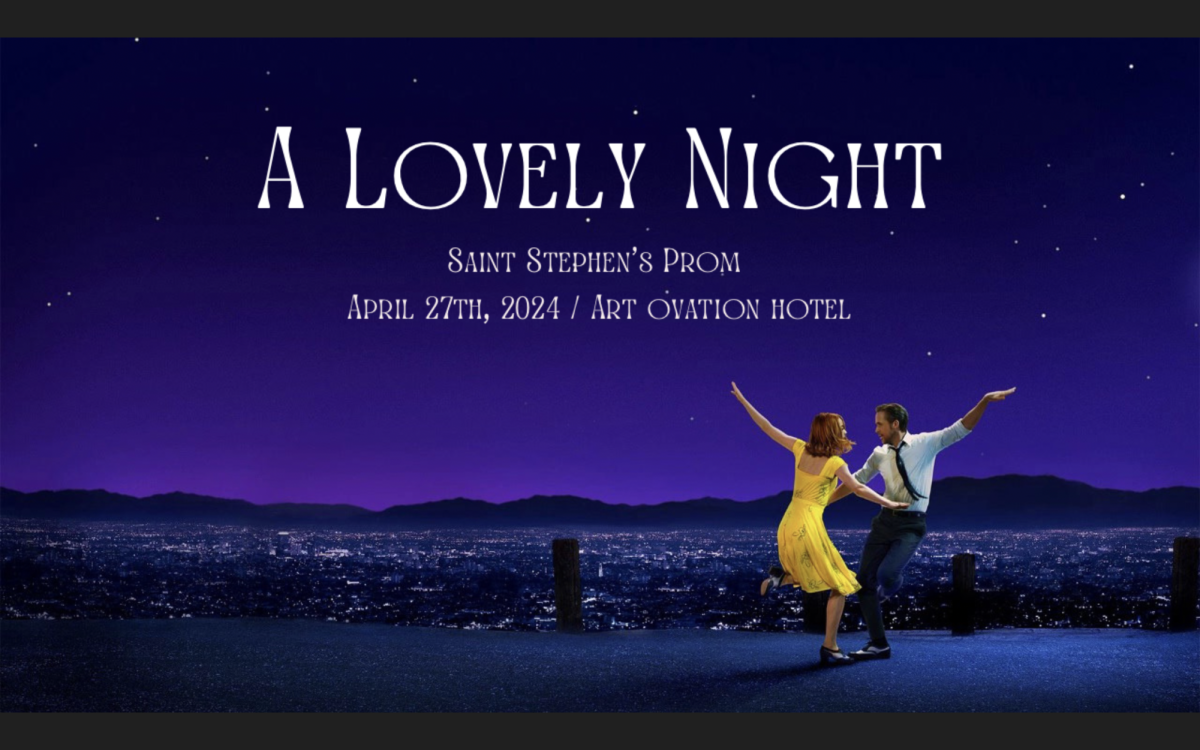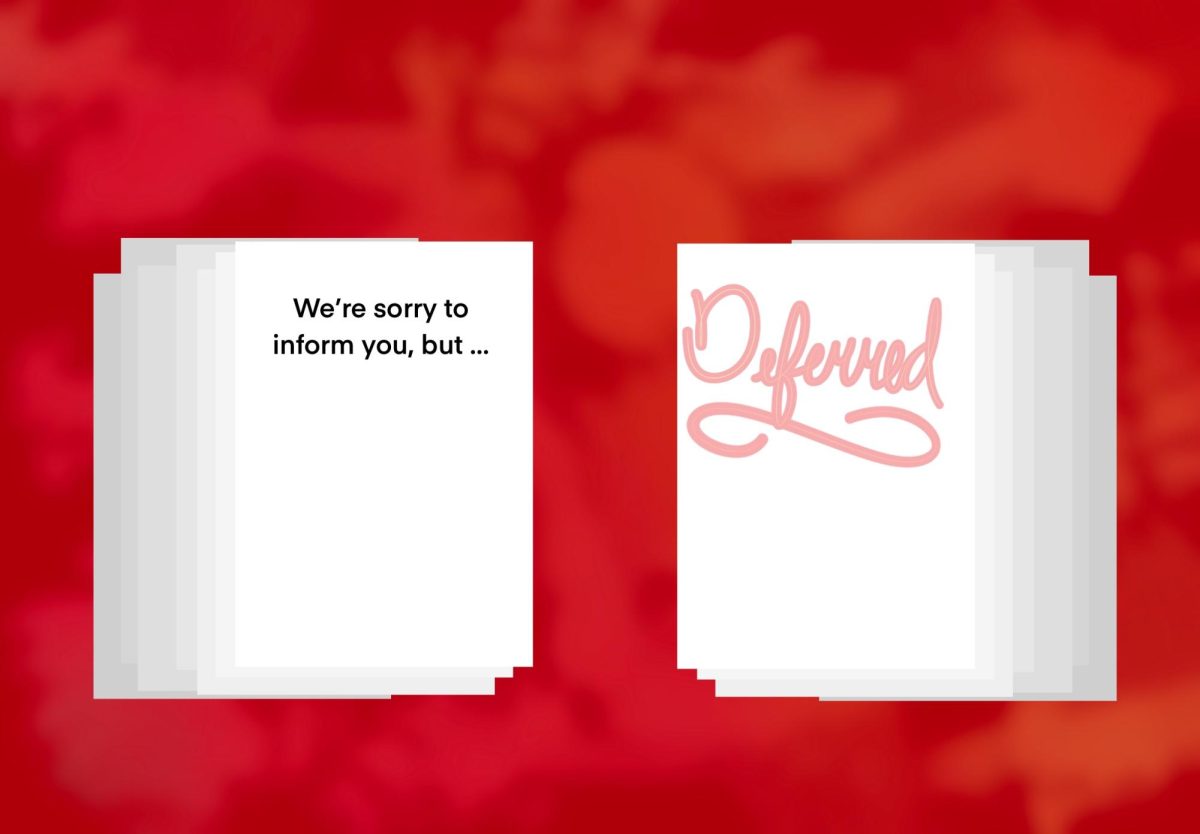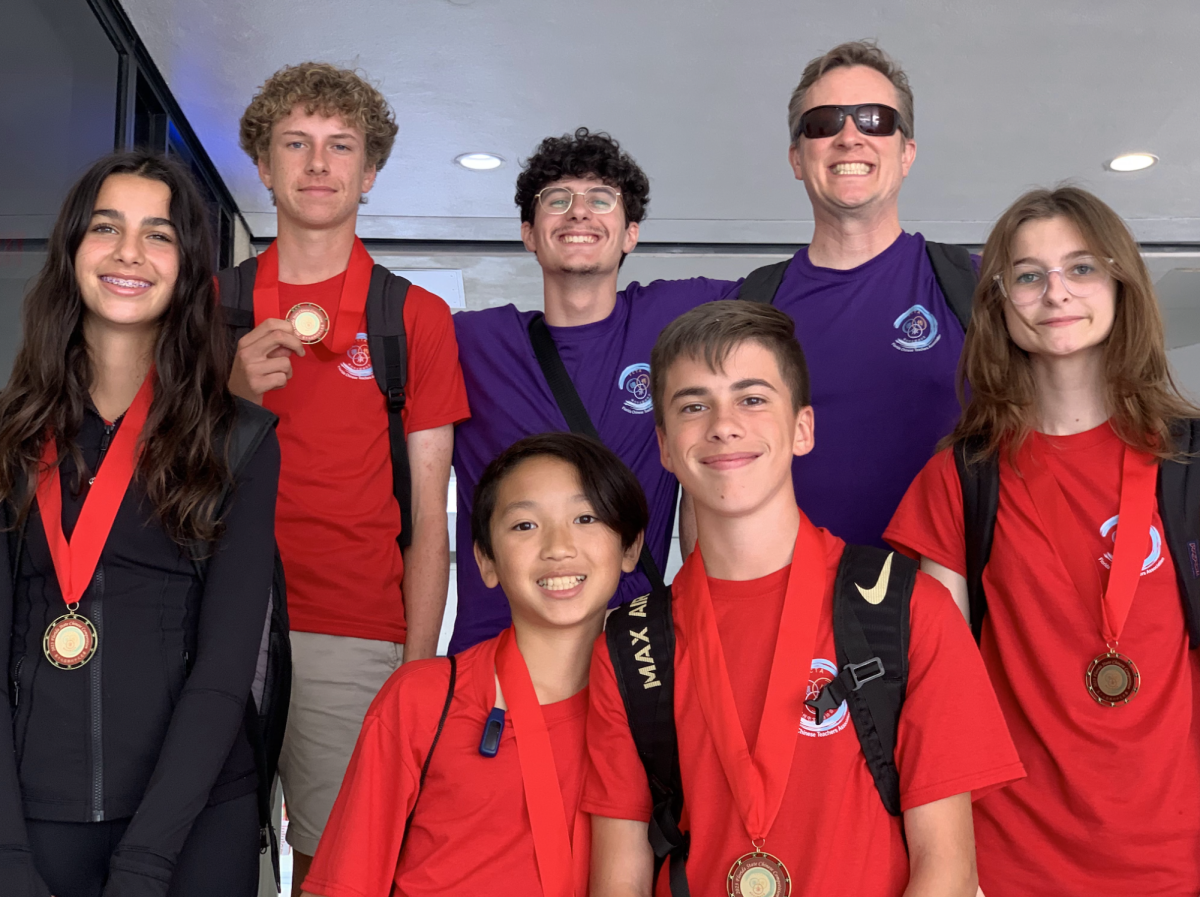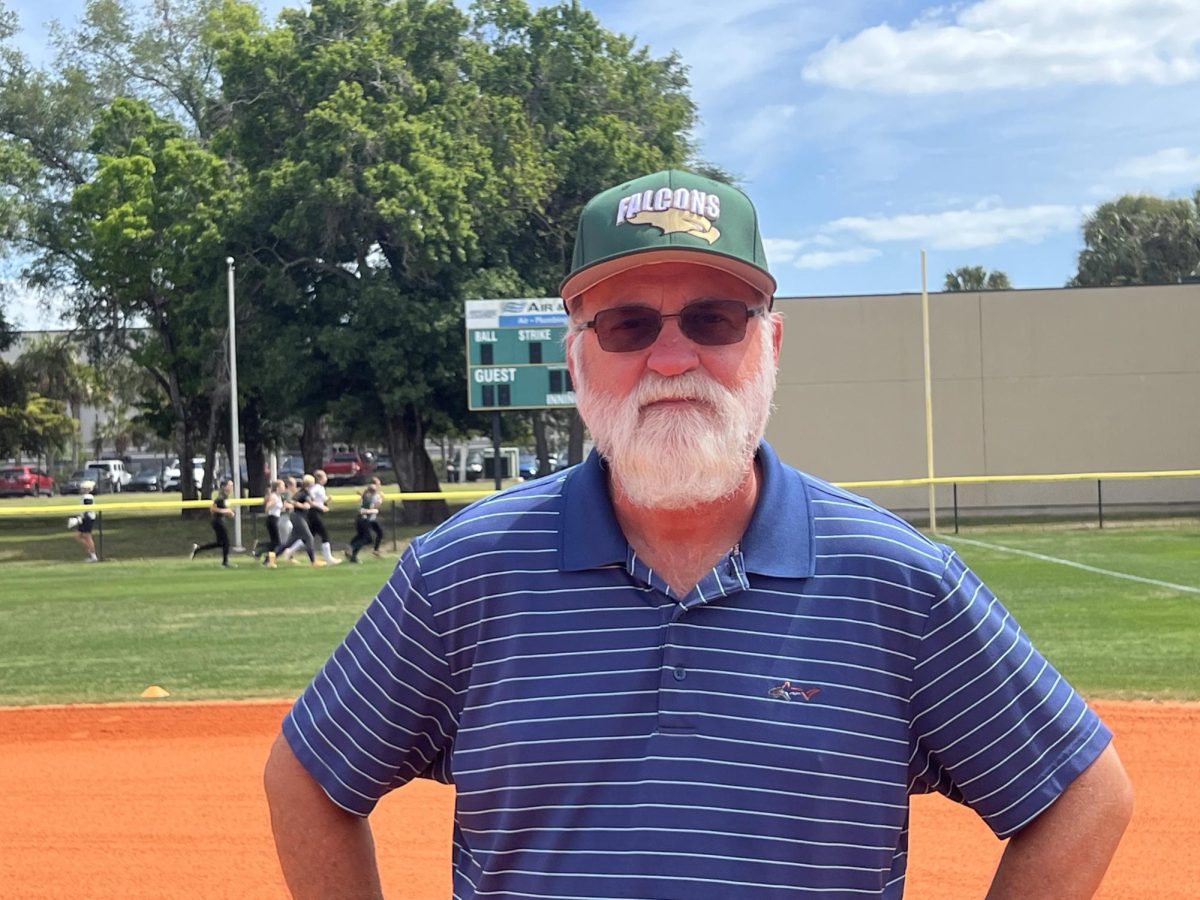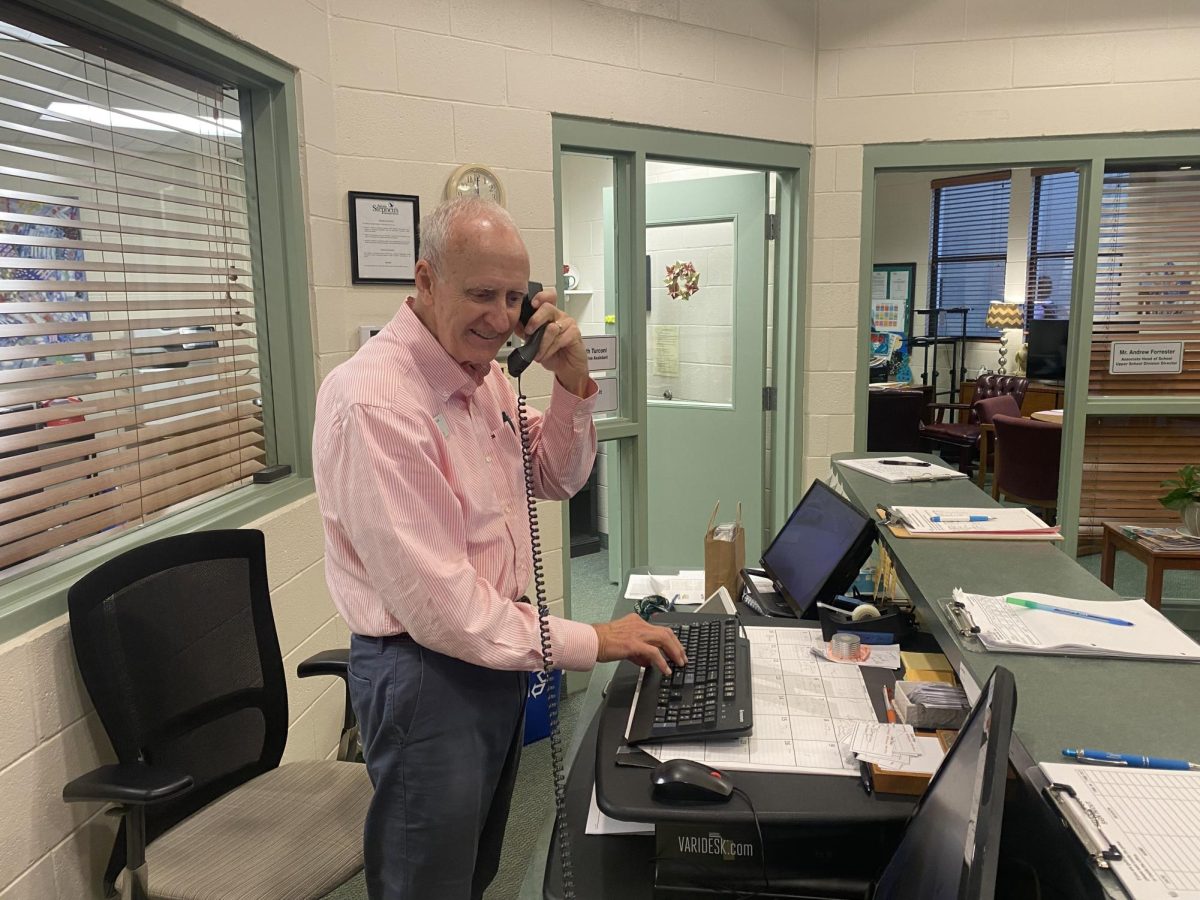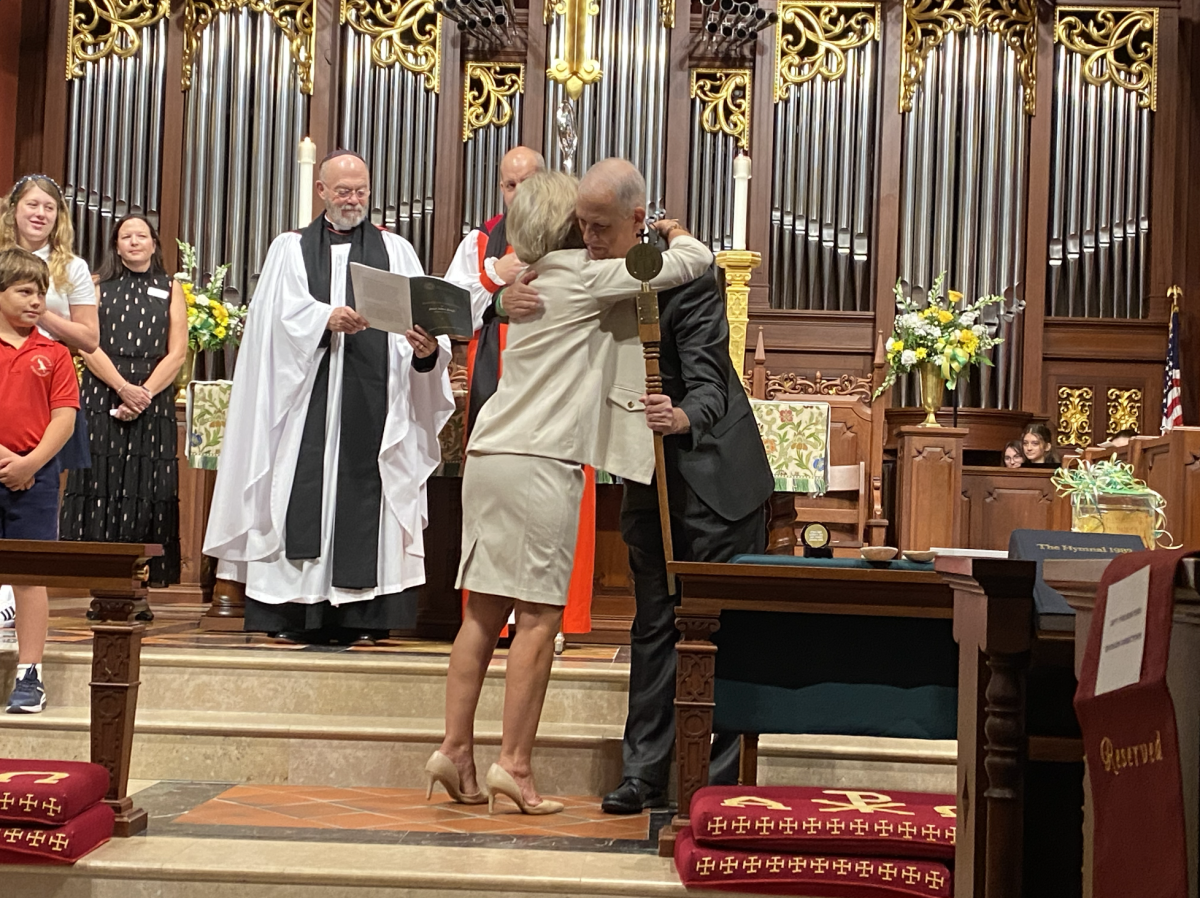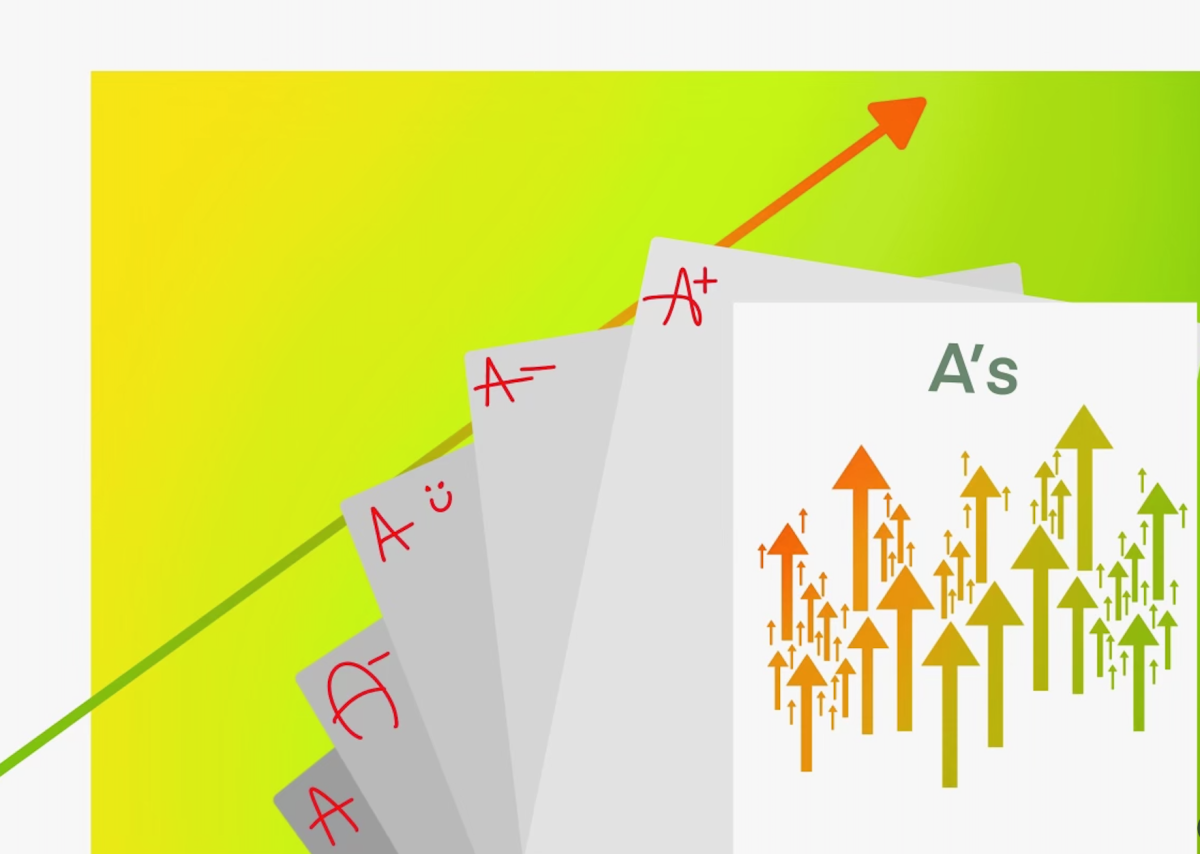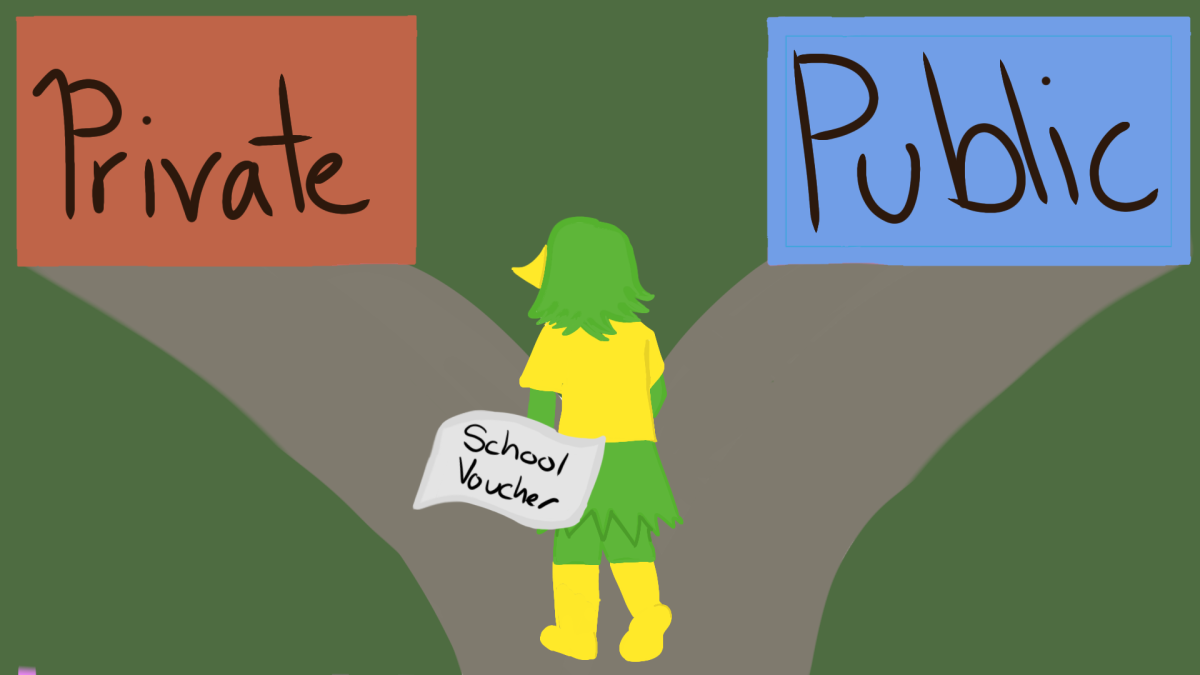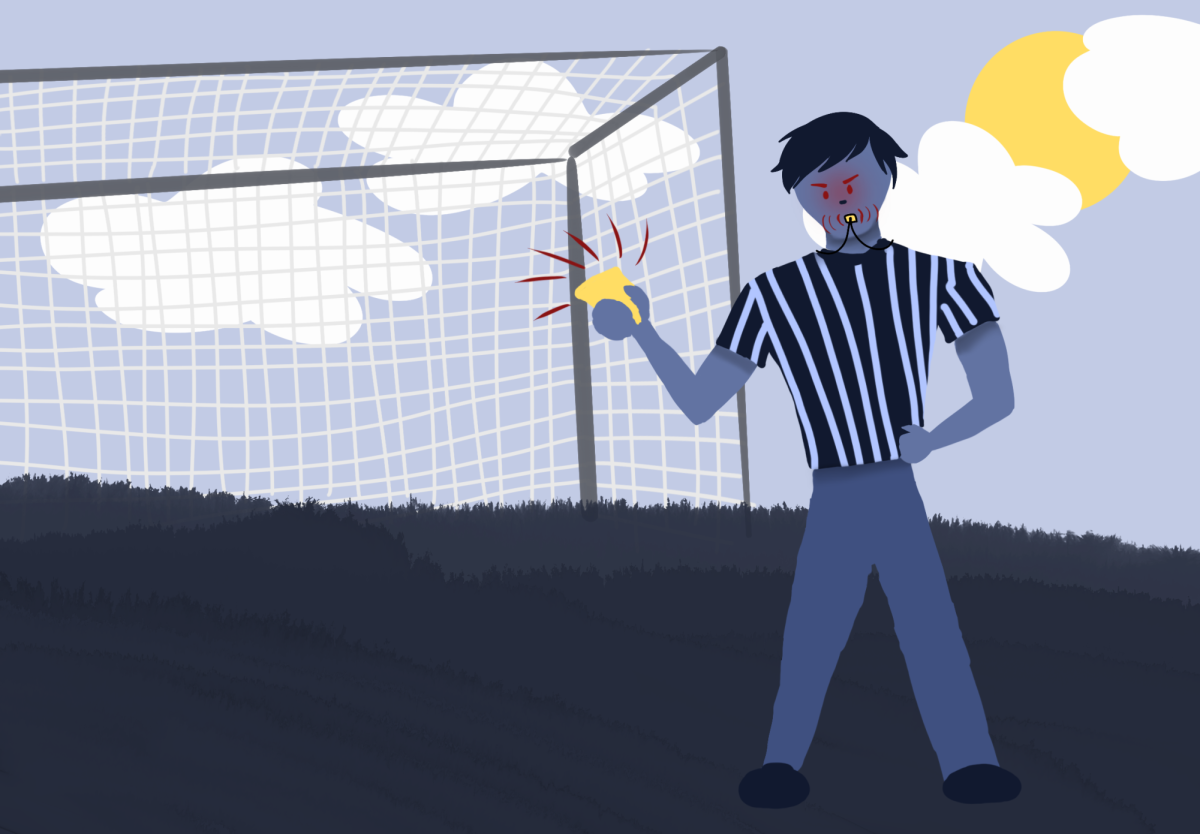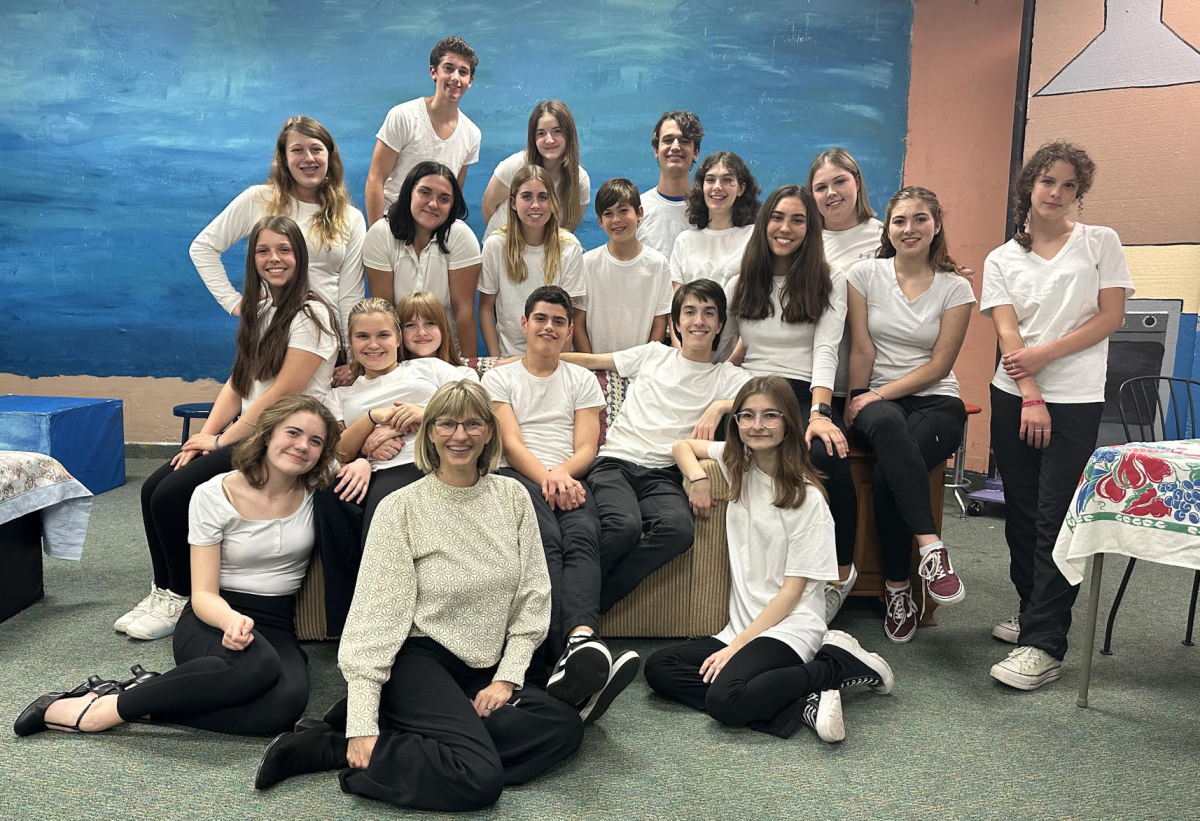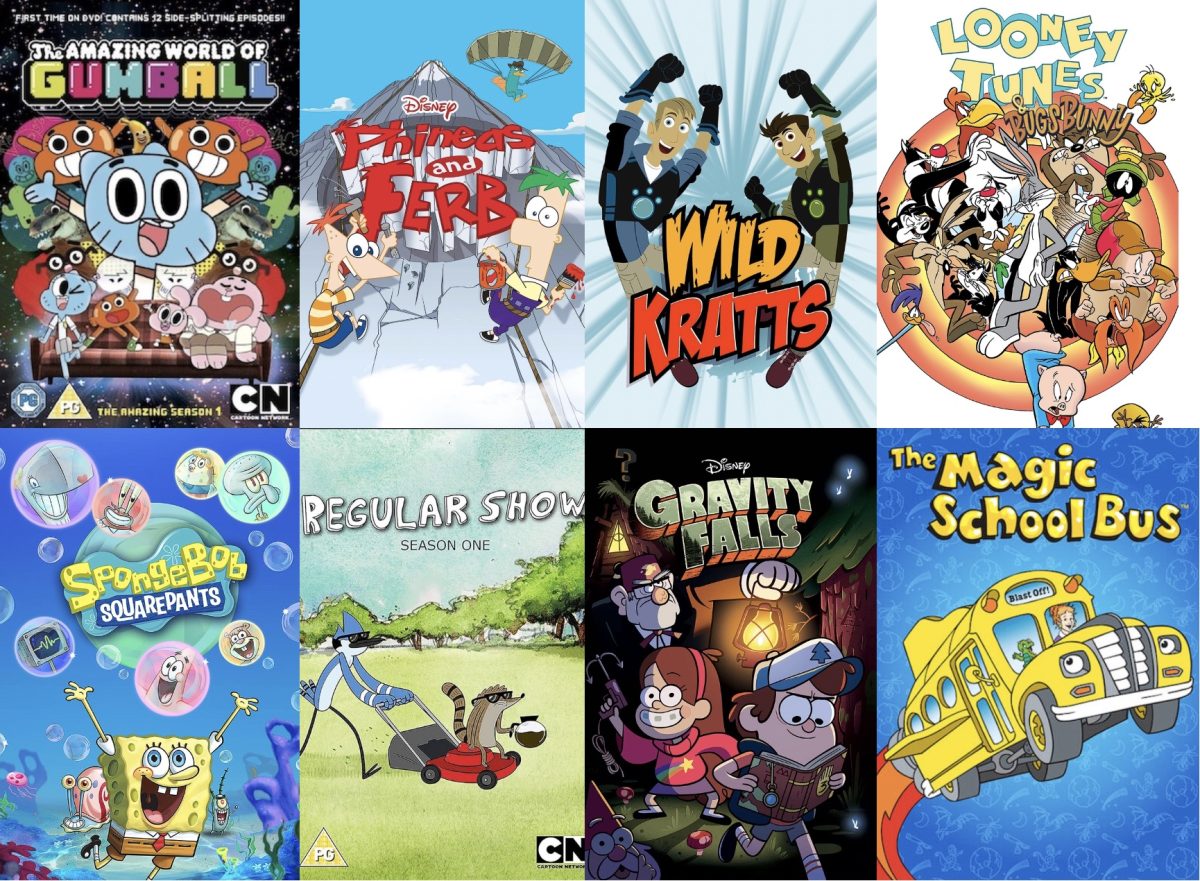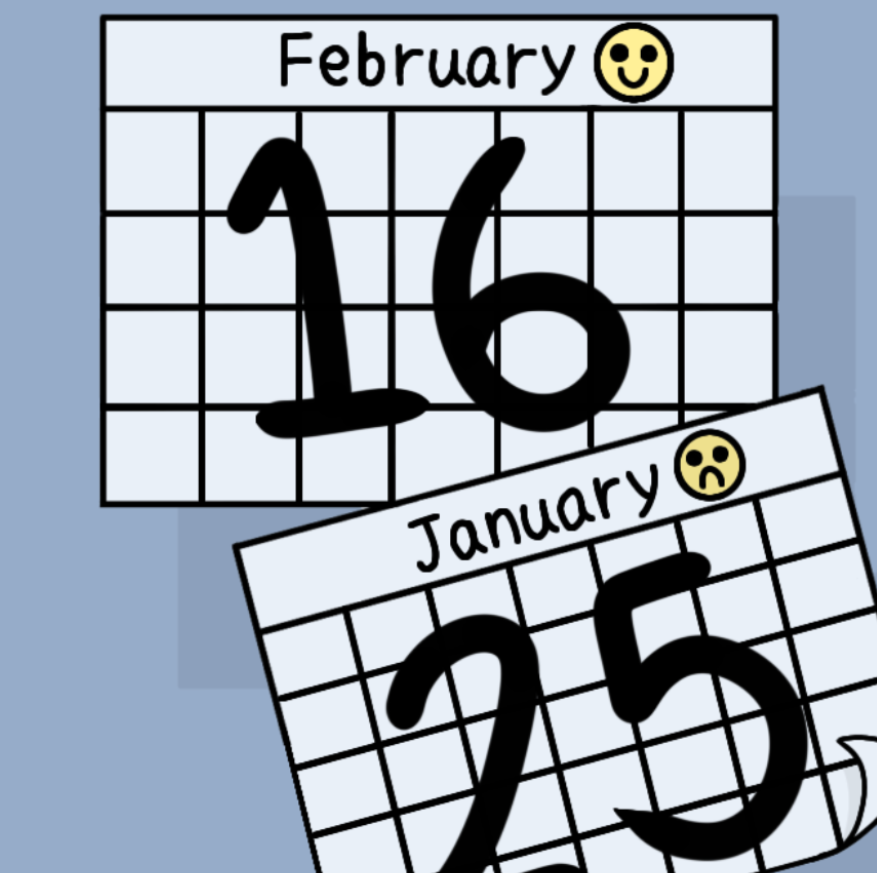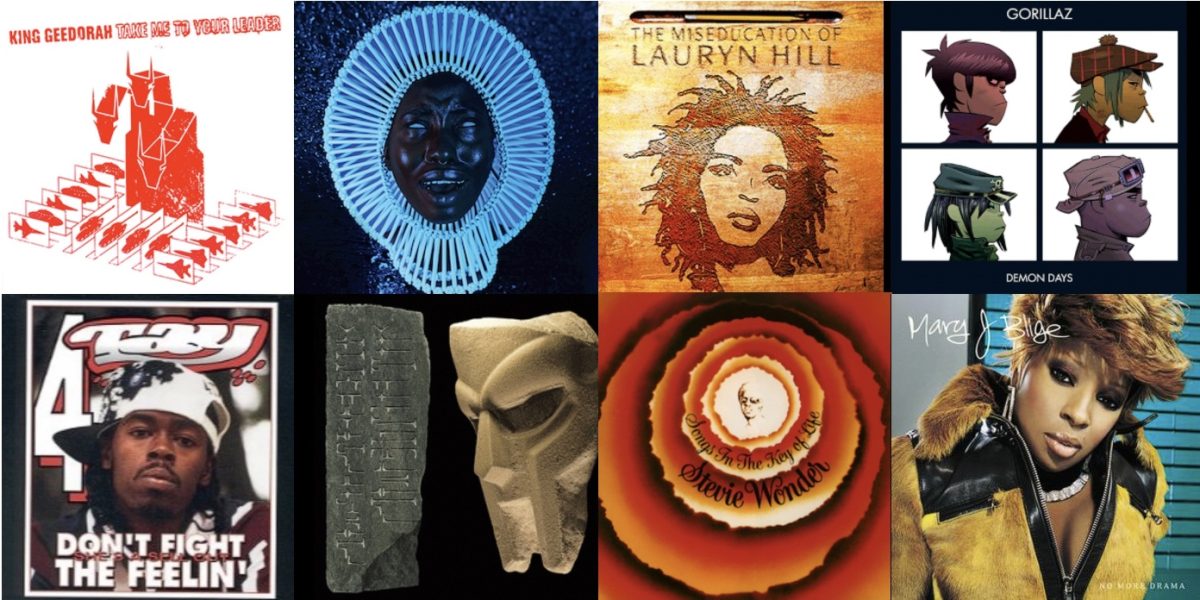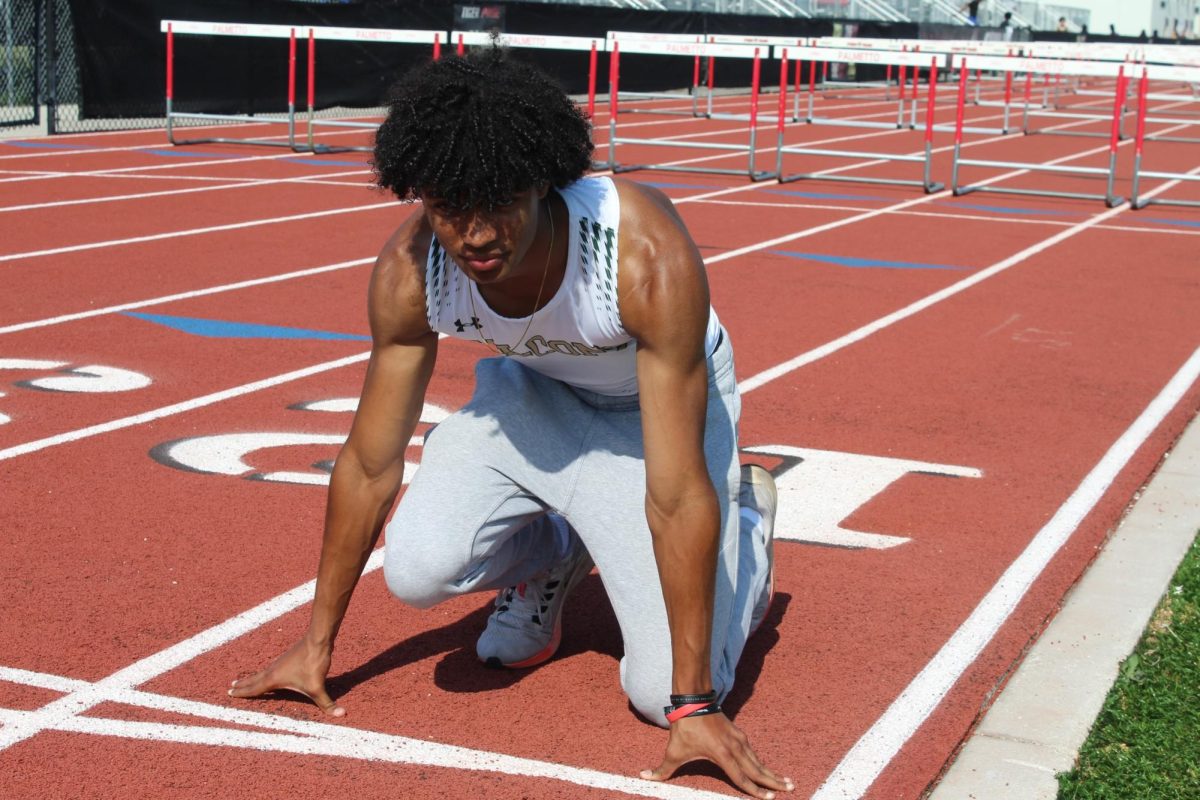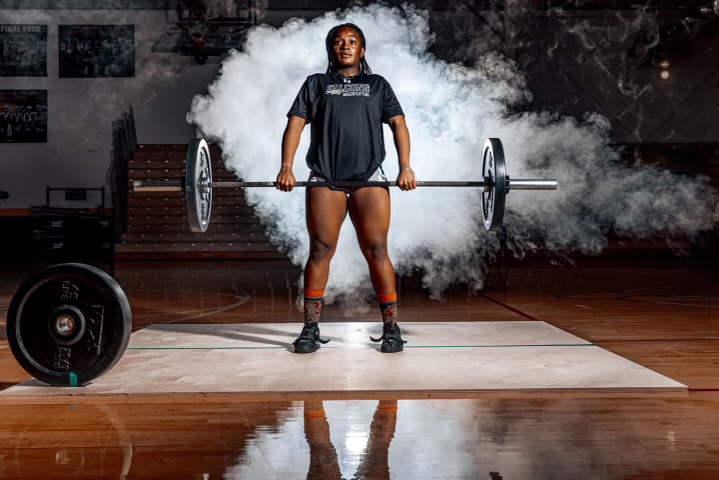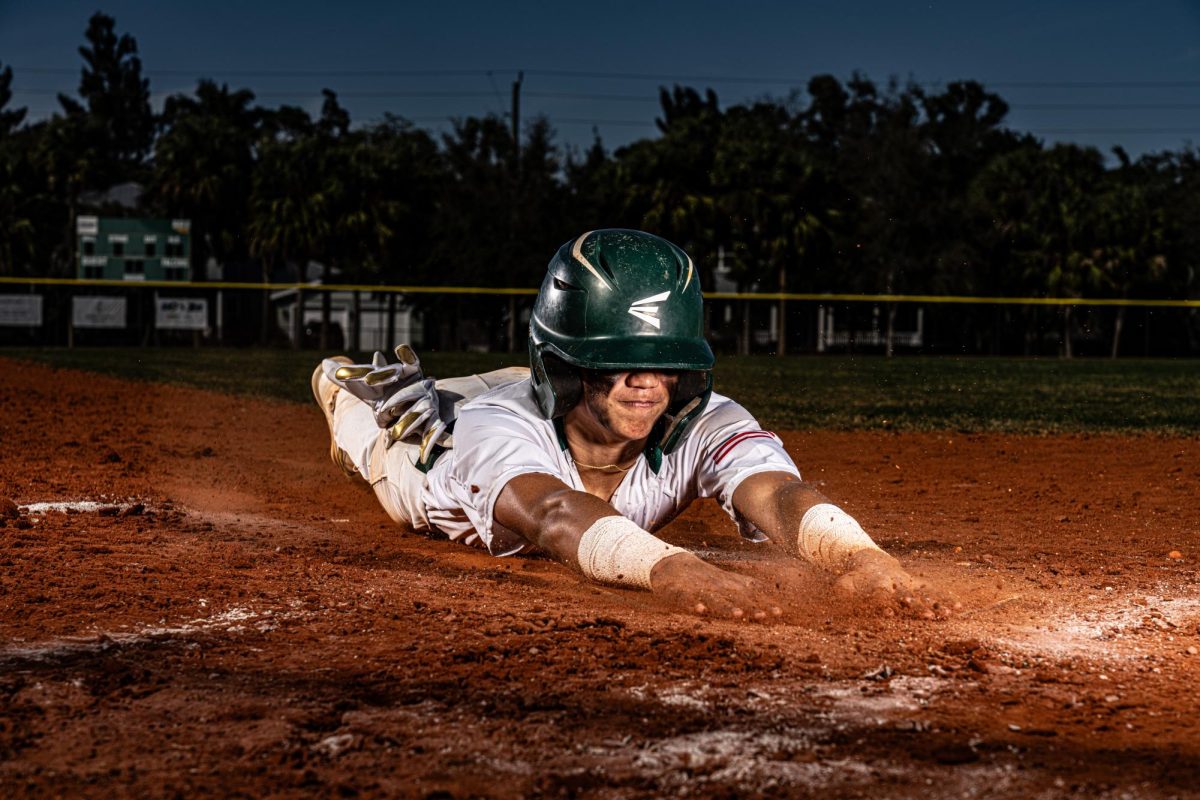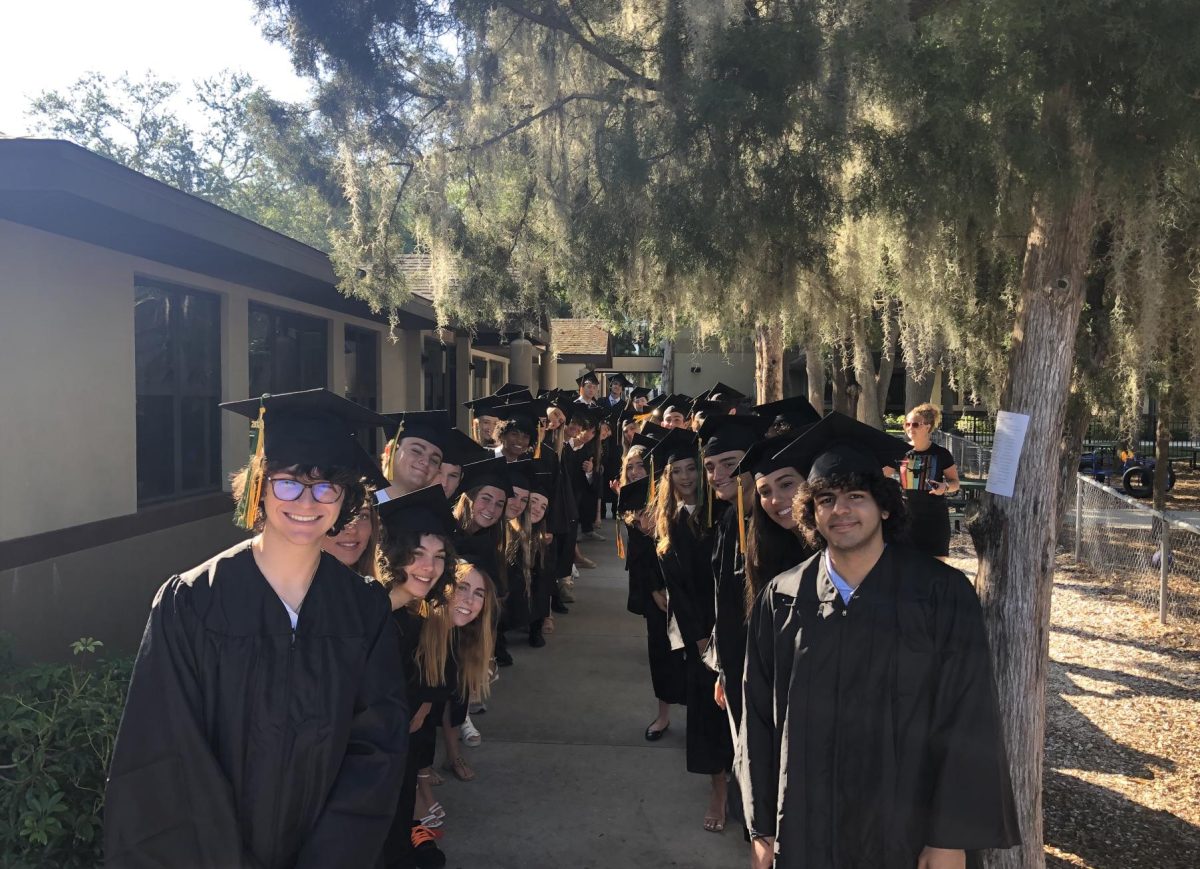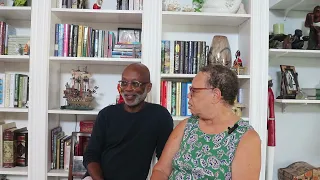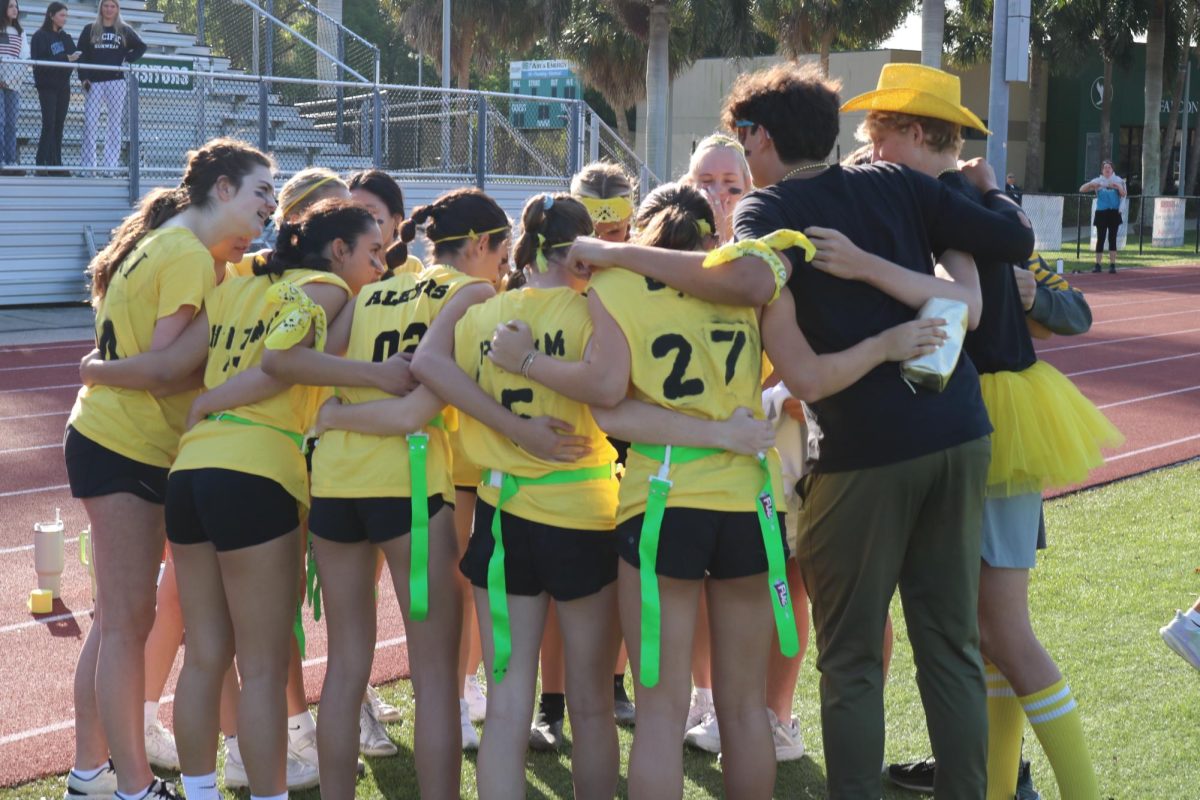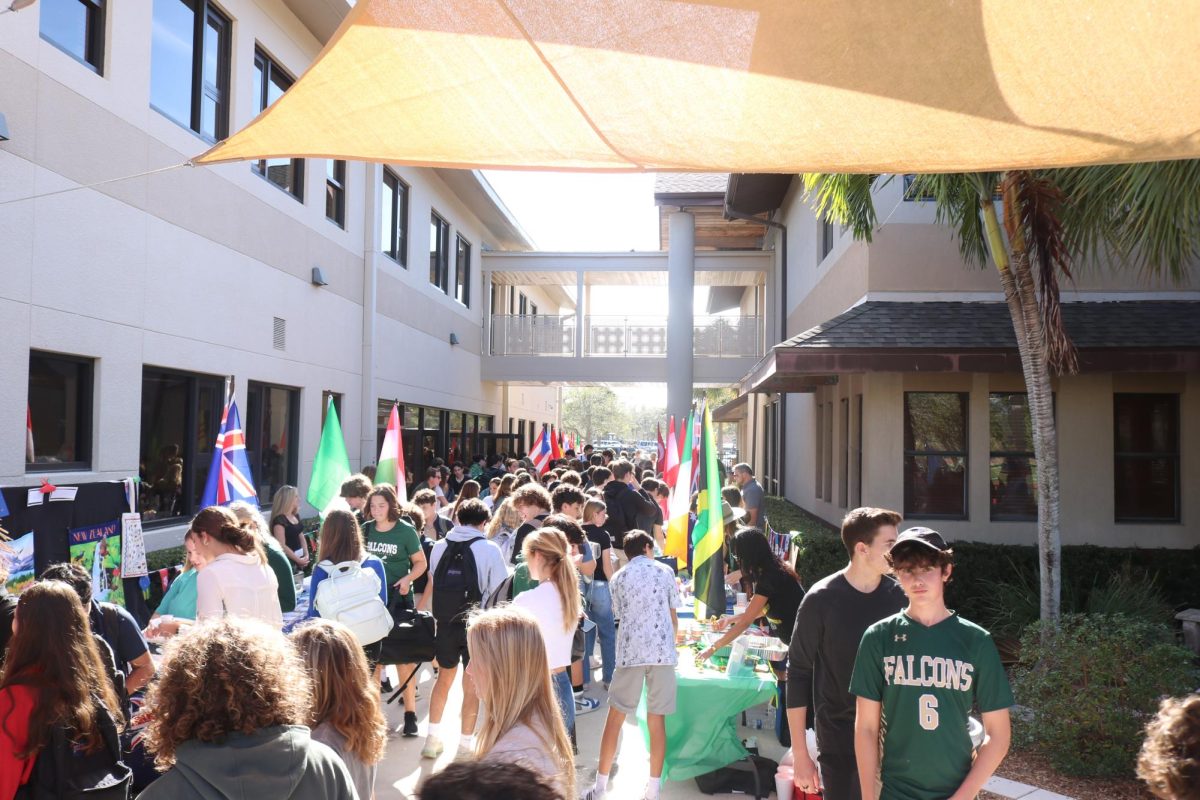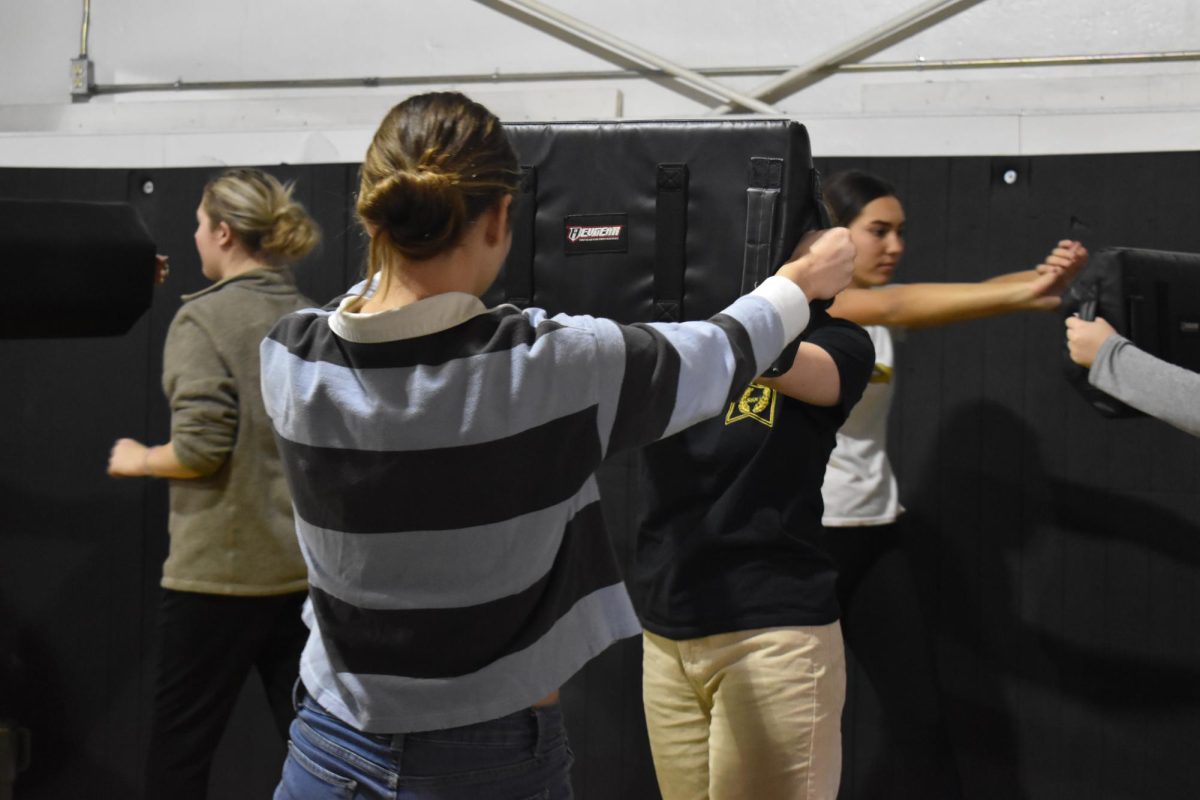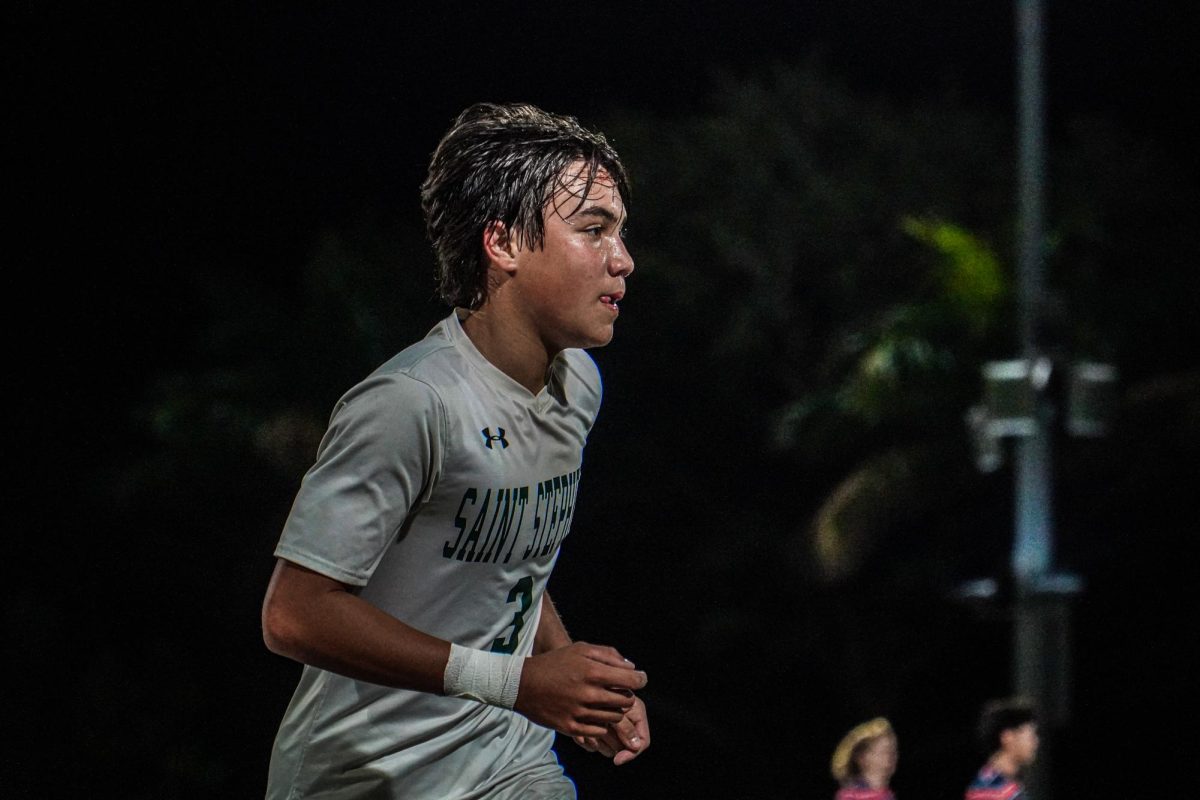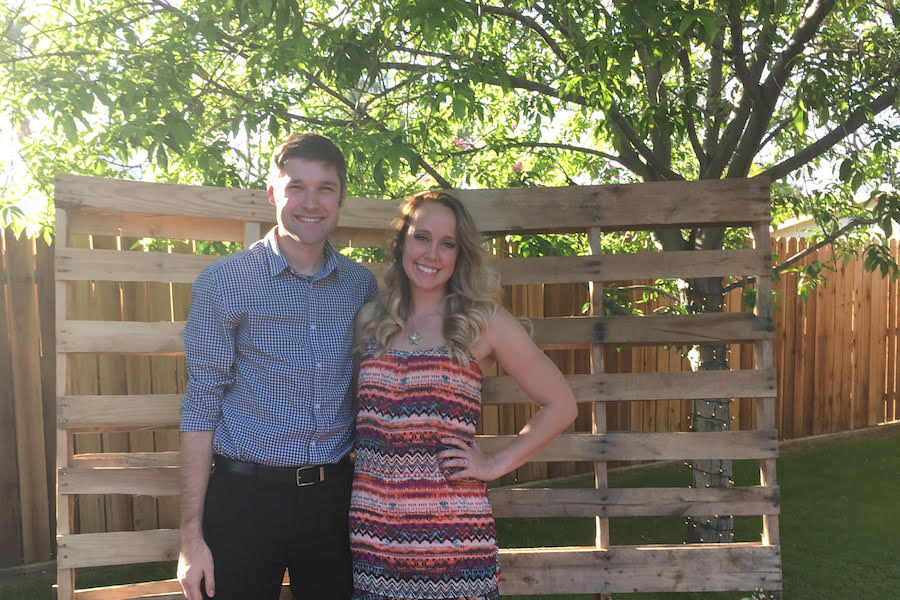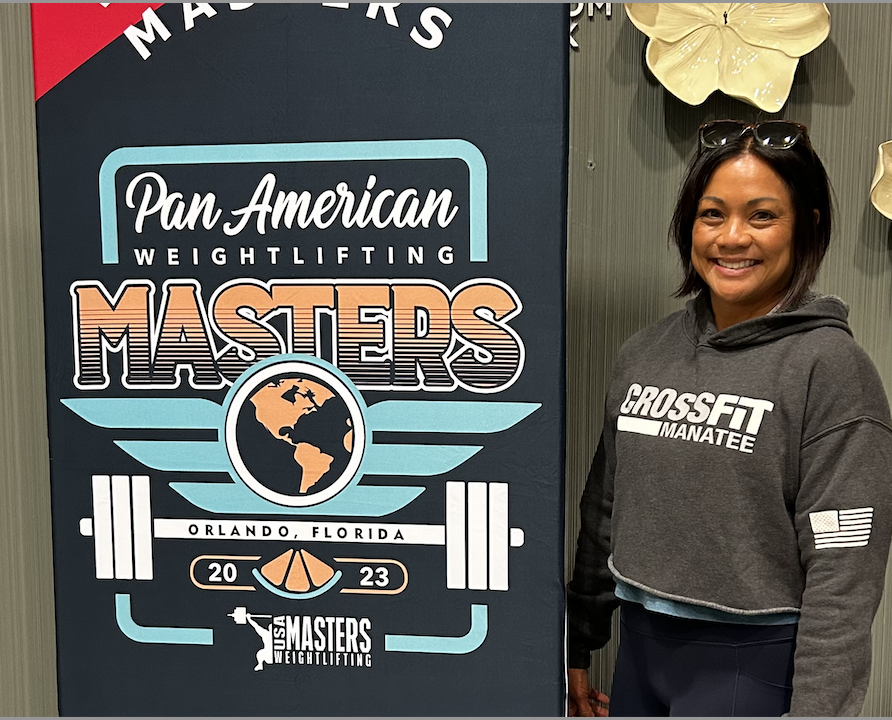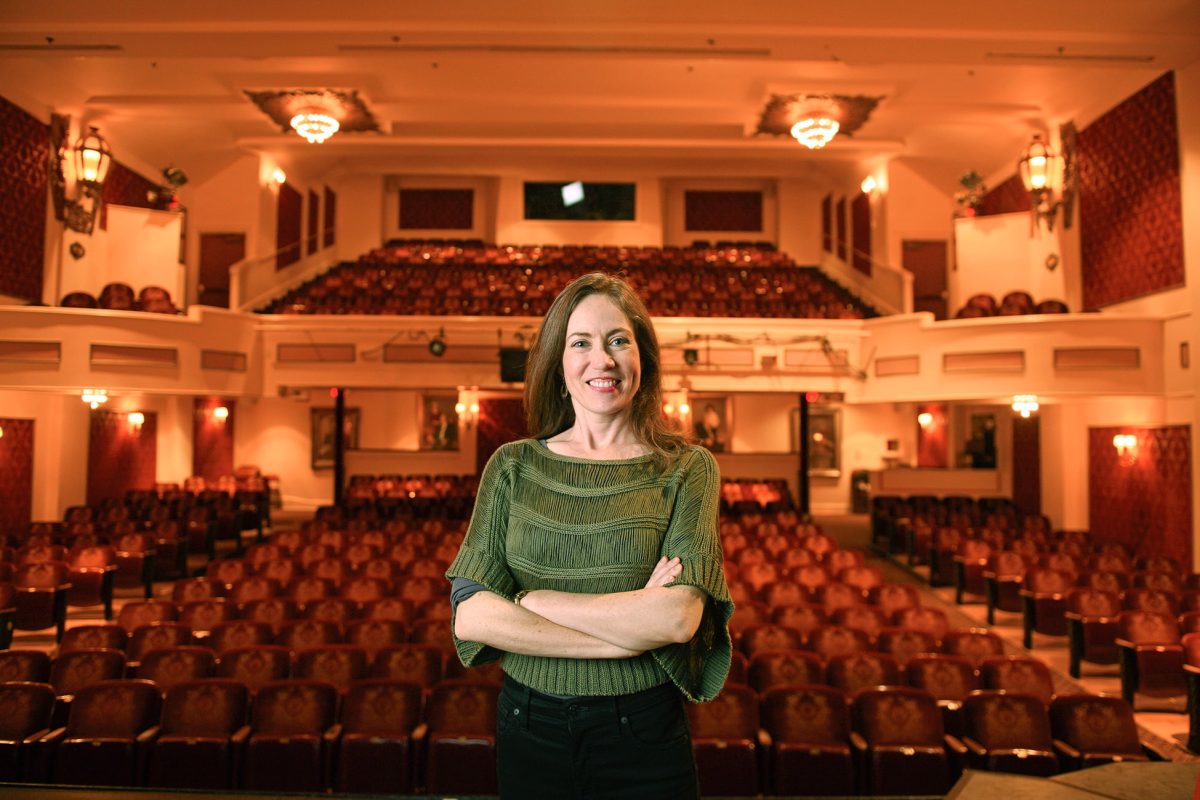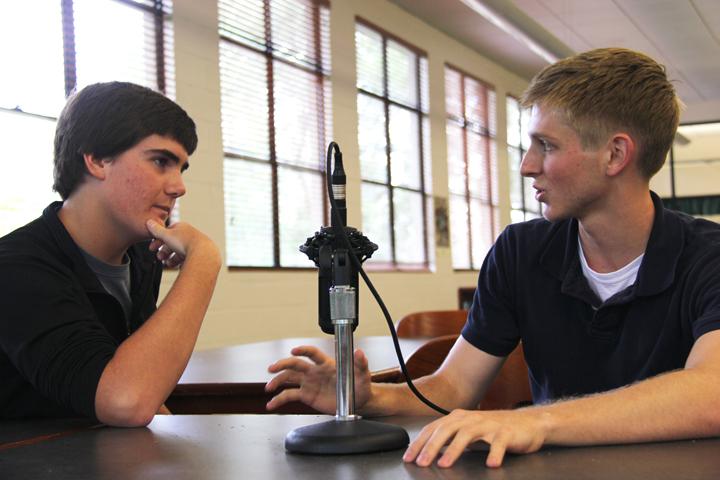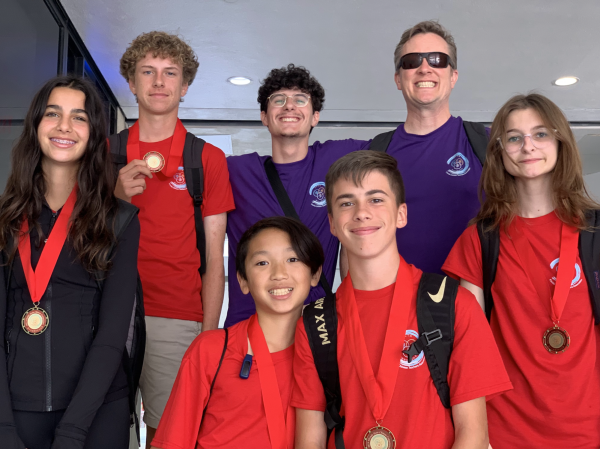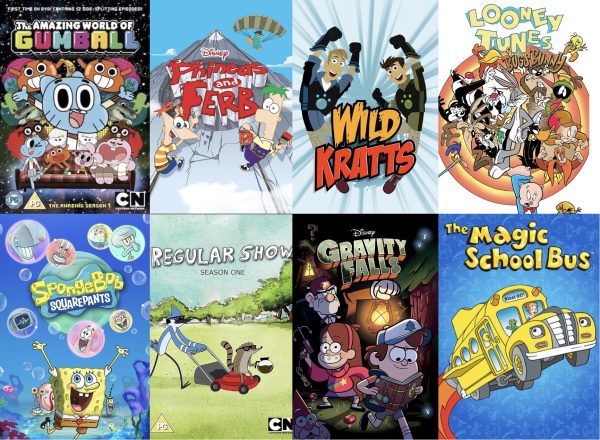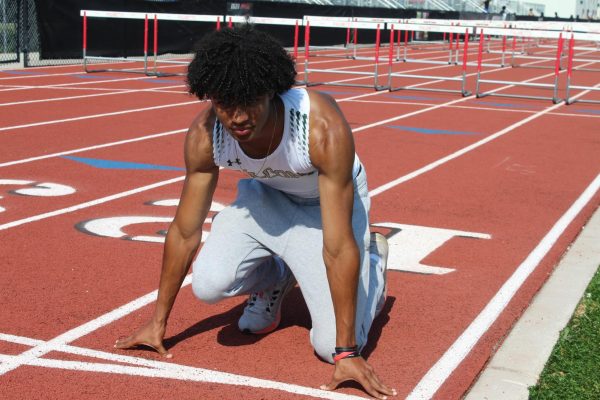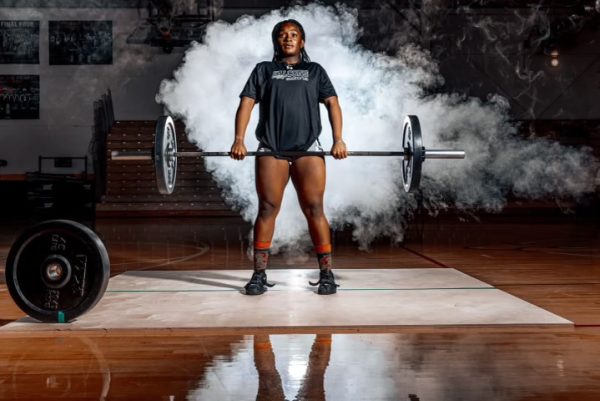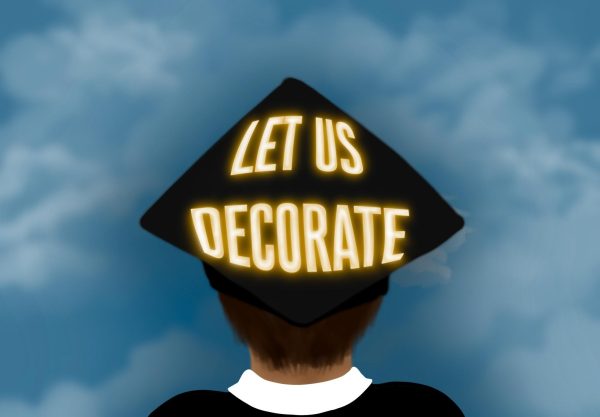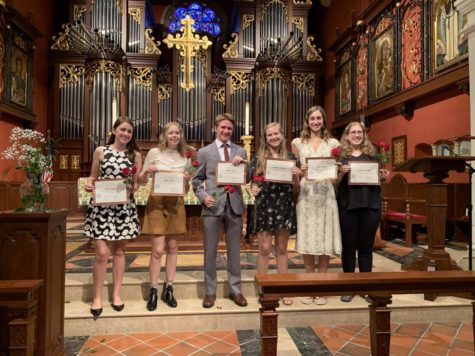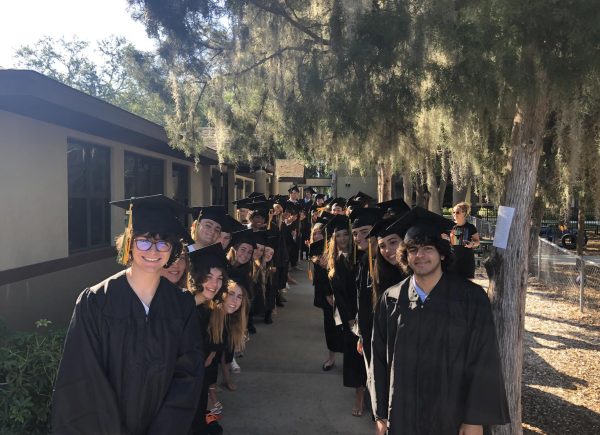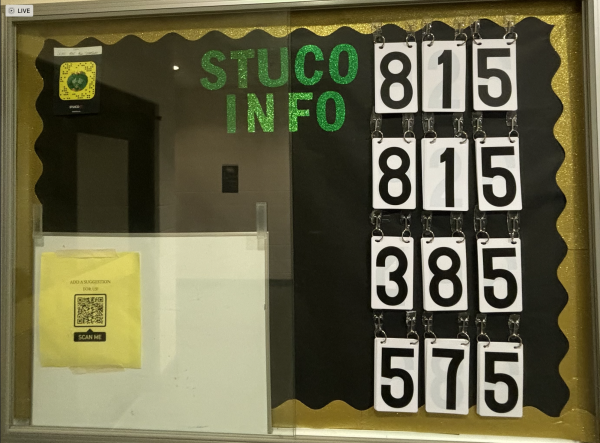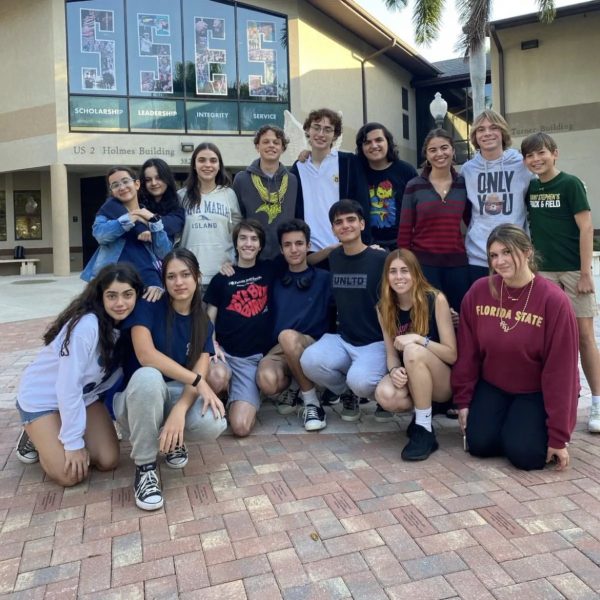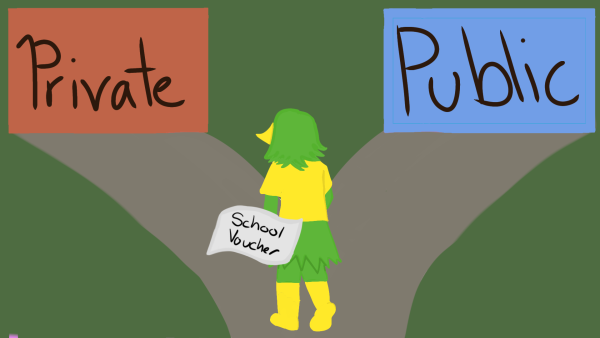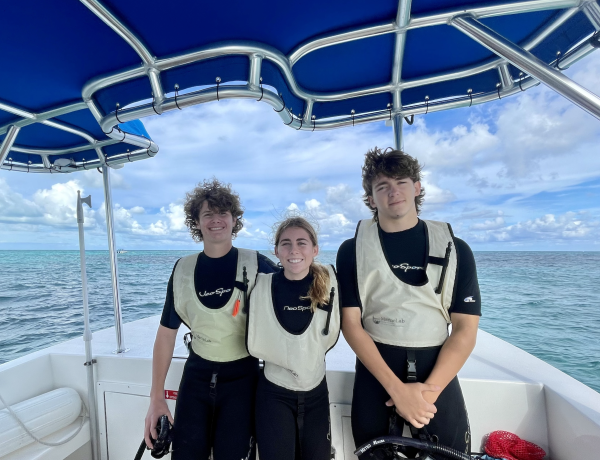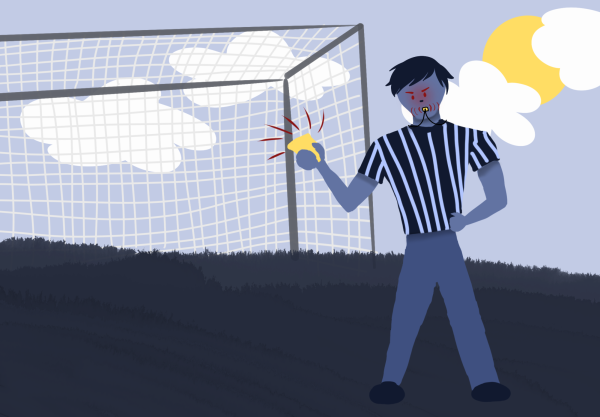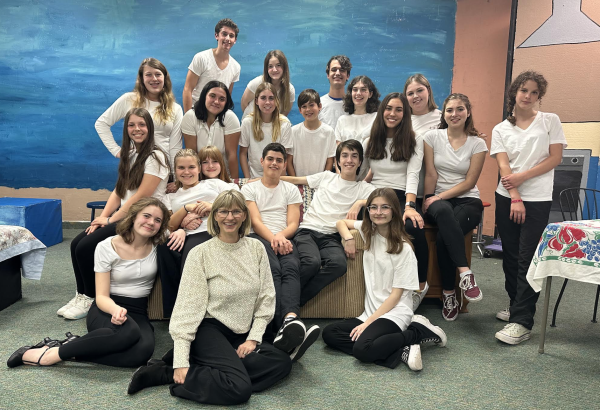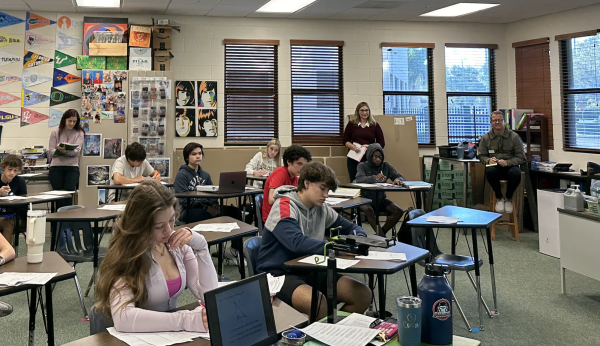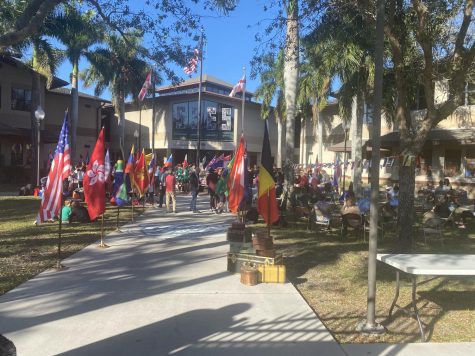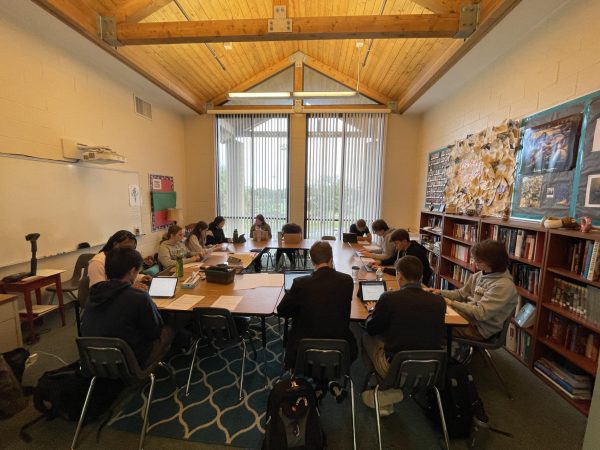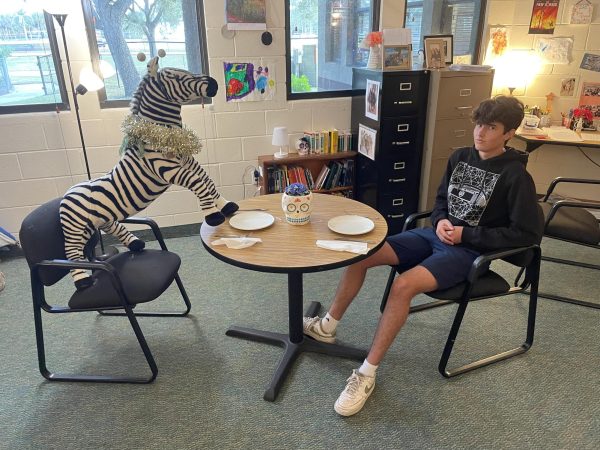Podcasts advance the knowledge, skills of students
Junior Harris Dunlap said creating a podcast for his AP Language course allowed him to “have fun with the project and change it up.” His audio file is an example of a compare/contrast essay form.
April 18, 2012
The sound of an engine roars and resonates throughout the classroom. Various students’ voices are heard. Just one, though, is playing the role of narrator. “If you know anything at all about cars, you’d be able to tell me right away that that’s not an American muscle car at all….”
Each year, English and Journalism teacher Mrs. Nadia Watts conducts an expository essay unit for which her AP English Language and Composition students choose to write four of six different expository writing styles. This year, for the first time ever, she instructed students to make one of the four essays into a podcast.
“They’re writing an essay, but they don’t turn in the writing; they turn in the audio. It’s up to them to organize the podcast in the structure of whatever expository type they chose.”
She said, “[Students] have to interview people so that those interviewees can serve as expert evidence to support the points that they’re making.”
After attending a four-day, national AP seminar in San Francisco over the summer, Watts returned with a kindled motivation to bring new projects to her classes.
“It gave me some inspiration to change things up because I’ve been [teaching this class] for quite a while now, and it’s fun to keep it current. The podcasts were … borne out of a seminar that I [attended],” she said.
Junior Harris Dunlap, the author and narrator of the dialogue above, compared exotic and American muscle cars in his podcast. He said using podcasts as the medium for this essay was a positive adjustment to the daily curriculum.
“It was a change of pace. It’s typical to just sit down and write papers, but I feel like the podcasts gave me the opportunity to have fun with the project and change it up,” he said.
Students used Audacity and GarageBand to put together their podcasts. With help from the Technology Department, students said they were able to quickly learn and utilize the programs.
Junior Gabrielle Woodruff said working with the Technology Department on this project will benefit her for years to come.
“They taught us how to put the tracks together and how to add music before and after the podcasts.”
She said, “[Using] the podcasts has helped us to learn how to use new technology and programs, and that will help us in college.”
As technology is becoming increasingly more prevalent in today’s society, junior Brian Gentry said it is necessary for students and teachers to take advantage of opportunities to employ it.
“It’s better for kids our age because we’re so technology-oriented,” he said.
With technology, though, comes a challenge, the students said.
Senior Lauren Johnson acknowledged both the difficulties and benefits: “I spent an entire day editing and picking out the parts. It was not the easiest thing to do, but in the long run it’s beneficial because I’ve done it. I’ve used the programs.”
For many students, using audio files presented them with the opportunity to express their voices in ways that are not possible in print.
Dunlap said, “You can add in sound effects and really show your true voice more easily than you can when writing a paper because you’re speaking. You can easily throw in some humor and make it relevant to everyone in the class.”
Being able to use their own voices, the students said, enabled them to more easily convey their ideas, too.
Johnson said, “If someone [were to] read the essay, the author needs to be a strong writer to get an idea across. In podcasts, you can hear inflections and certain emotions in their voices.”
In addition to the learning process and experience, Watts said she hopes her students “understand what goes into producing media a little bit more, which I think is part of the class goal. … I think AP Language, at its very core, helps my students to be better media consumers.”
By utilizing podcasts, Watts said she is expanding the lessons learned in the classroom across various mediums.
“Students understand rhetoric in a different way when they come out of my course. That should happen with all forms of text, not just with the reading they do. It should happen with video, [written texts], audio clips,” and on print ads, she said.
As for the future, there are limitless possibilities to incorporate more technology into the classroom. Watts said she presented the idea of doing a videocast to her current students.
“Honestly, many of these [podcasts] are brilliant. They’re really well done and exciting, and [the students] are excited when they come in. So, if someone wants to do a videocast, why not?”

